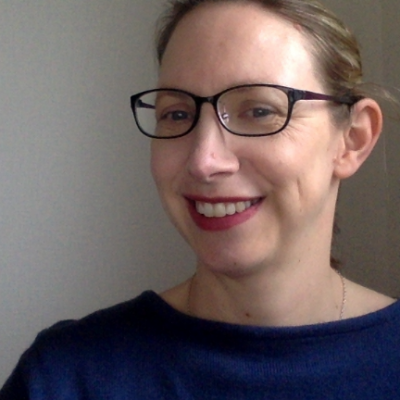Sessions /
Multilingualism in self-access learning centres in Japan
#1265
Self-access centres, non-classroom language learning spaces which promote learner autonomy and provide an informal setting for extra-curricular language learning, are now common facilities at campuses across Japan. While some of these centres are multilingual, others promote only one foreign language (usually but not always, English). On establishing and subsequently operating such a facility, language policy and how target languages are promoted and supported are important aspects to be considered, which will determine how potential users interact with and in the space.
This presentation will present some of the main findings from a KAKEN project investigating language policy and language use in self-access learning centres (SALCs) across Japan. Several institutions were chosen as case studies. Through surveys, interviews and focus groups, data was gathered from SALC directors and administrators, learning advisors, instructors and students about attitudes to policy and how language is used in these semi-naturalistic language learning spaces. Issues arising from the data include the roles of motivation, identity and autonomy in student language choice, the dominant role of English, and how attempts are made to make space for multilingualism.
